AAP leader and Delhi water minister Atishi was rushed to the ICU after her blood sugar levels dropped dangerously low as she was on a hunger strike. Medical experts note that low blood sugar, also known as hypoglycaemia, can be dangerous to the human body. In extreme cases, it can cause seizures, kidney disease or cause a coma read more
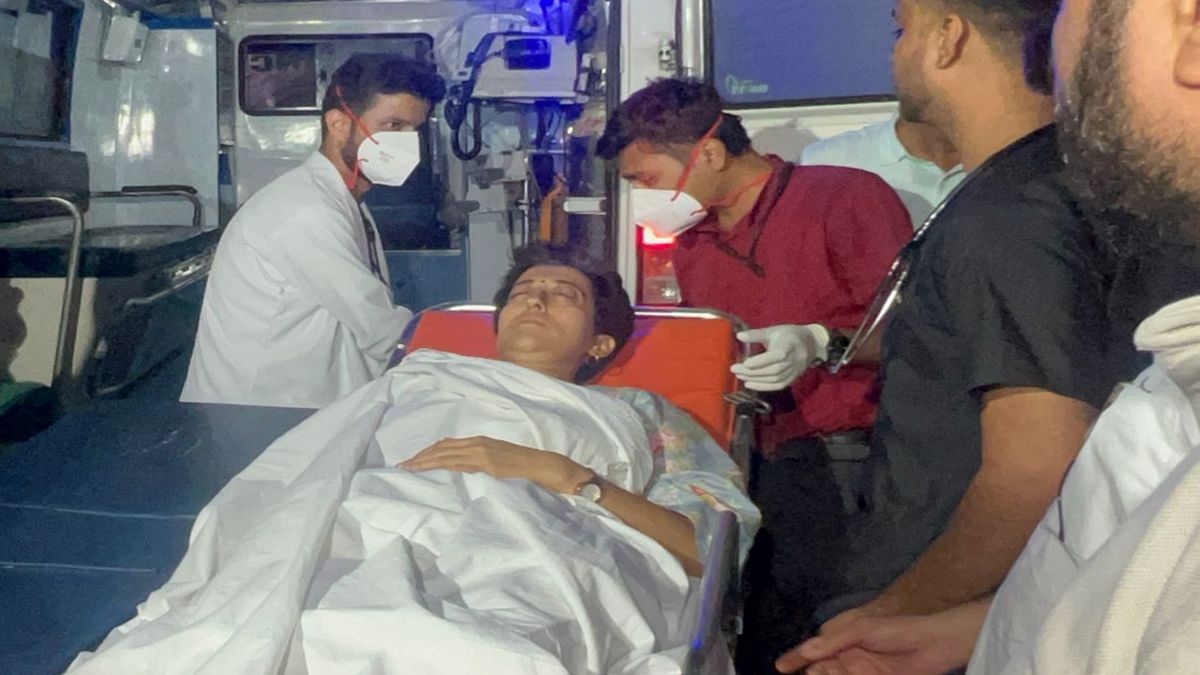)
Delhi water minister Atishi being shifted to LNJP hospital after her health deteriorated during her indefinite hunger strike demanding Haryana government to release Delhi's share of water. PTI
Early Tuesday (25 June), Delhi’s water minister, Atishi, was rushed to the emergency ward of Lok Nayak Hospital after her sugar levels dipped dangerously low. Atishi has been on an indefinite fast since 21 June to protest against the alleged reduced supply of water by the Haryana government.
Her fellow colleague and Delhi minister Saurabh Bhardwaj said on X: “ Atishi’s blood sugar level fell to 36 mg/dL, so she has been admitted to hospital.”
On admission and initial treatment, Suresh Kumar, medical director, LNJP Hospital, was quoted as telling ANI that Atishi is stable. Kumar said, “When Atishi was brought to the hospital, her blood sugar was low. She was drowsy and her sodium level was also low. She is currently on IV fluids, and her vital parameters are stable right now. Some blood tests have been done. The reports are awaited”.
As Atishi recuperates after calling off her hunger strike, we examine what happens to the body when the sugar levels dip below normal levels and why it could even be fatal.
Atishi rushed to hospital
Delhi’s water minister Atishi is currently in the ICU of the LNJP Hospital in the Capital after her blood sugars dropped drastically. Her AAP colleague, Saurabh Bhardwaj, explained that Atishi’s sugar levels have been on a downward trajectory since she began fasting. “When we submitted her blood sample, her sugar levels were recoded to be 46. When we checked her sugar levels from a portable machine, her sugar levels came out to be 36.”
The AAP party also shared images and visuals of the leader being taken to the hospital late at night.
The party further said that the speed with which Atishi’s blood sugar level dropped was described by doctors as dangerous.
कल रात में @AtishiAAP जी की तबीयत अचानक बिगड़ गई। उनका Sugar level गिरकर 36 पहुंच गया, जिसके बाद उन्हें LNJP Hospital में भर्ती कराया।
आतिशी जी अभी भी LNJP के ICU में भर्ती हैं और वहां उनका इलाज चल रहा है। हम सभी उनके जल्द स्वस्थ होने की कामना करते हैं।
AAP’s Sanjay Singh, who was present with Atishi when she rushed away to hospital, told ANI: “The doctors suggested she should be admitted to the hospital before her condition worsens… She is being admitted to LNJP Hospital. She has not eaten anything for the last five days. Her sugar levels have dropped, ketone is increasing, and BP is decreasing… She is not fighting for herself, she is fighting for the people of Delhi, for water.”
Low sugar levels in the body
But why is it that sugar levels dip in the body, as in the case of Atishi’s, and what can be the effect of it?
Sugar is necessary for the body as it helps create energy in the body. In fact, the main source of energy is sugar, also known as glucose. Blood sugar is essential for a proper brain, heart, and digestive function. It even helps keep your skin and vision healthy.
According to the World Health Organization, sugar levels below 70 mg/dL is considered low and can be dangerous especially if you have diabetes.
Low blood sugar is medically known as hypoglycaemia and happens when you don’t have enough sugar in your blood or if your body can’t stabilise your blood sugar level. In many cases, people suffer from low sugar or hypoglycaemia when they don’t eat for several hours. That’s because the body receives glucose from different types of food such as fruits. When you starve the body of food, the glucose levels dip, causing hypoglycaemia.
Dangers of low sugar levels
When one suffers from hypoglycaemia, people witness different symptoms. However, the more common symptoms most suffer are dizziness and feeling shaky. Those with hypoglycaemia may also feel hungrier and suffer from excessive sweating or even anxiety.
Medical experts note that those with hypoglycaemia may also experience a rapid heartbeat and even excessive irritability.
However, if not tended to immediately, low blood sugar levels can be extremely dangerous for the human body. Low blood sugar levels can drastically affect the central nervous system; while early issues would include weakness, light-headedness, and dizziness, it can also result in seizures, loss of consciousness and in the most extreme of extreme cases, even death.
Hypoglycaemia can also lead to sleep disturbances, which can have a negative impact on overall health. Low blood sugar levels could also impact the body’s hormonal response. Research has also shown that severe hypoglycaemia could be linked to a higher risk of heart disease and death in people with type 2 diabetes.
Hypoglycaemia can also increase the risk of other conditions, including: eye and kidney disease.
How to treat low blood sugar
Treatment for hypoglycaemia depends on the severity of your symptoms. If your symptoms are relatively mild, one should follow the 15-15 rule. Eat or drink 15 grammes of glucose or carbohydrates, wait 15 minutes, then check your blood sugar. If it’s still too low, repeat this process until it’s back to your target range.
However, the 15-15 rule doesn’t apply to all. Children, for example, may need lesser amount of glucose in the body.
However, when sugar levels fall too low, eating or drinking may not be sufficient to treat hypoglycaemia. In such cases, medical advice should be sought. In most cases, the doctors may prescribe Glucagon, which is a hormone that raises your blood sugar levels and can be given as a nasal powder or by injection.
Those who are on medication for diabetes should also be more mindful of taking the dosage at the recommended time. Doctors have also stated that people should exercise responsibly
Moreover, drinking a lot of alcohol, especially on an empty stomach, can block your liver from releasing stored glucose into your bloodstream. If you want a drink, do so in moderation and with a snack or meal.
With inputs from agencies

 2 months ago
24
2 months ago
24

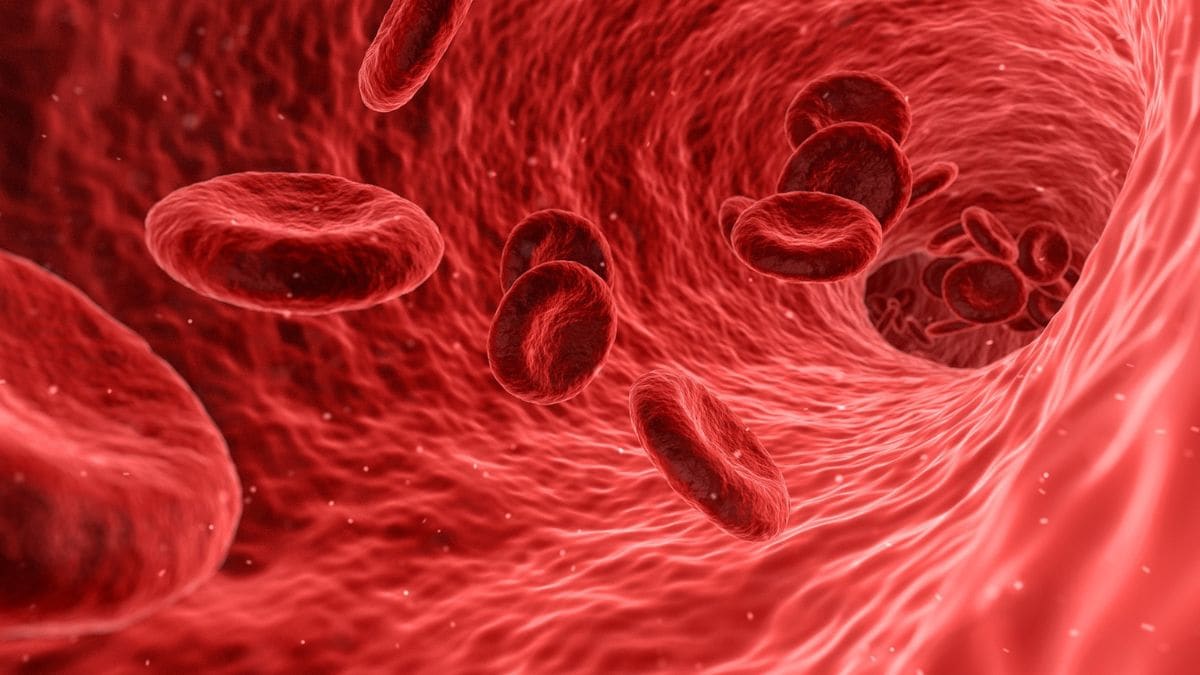
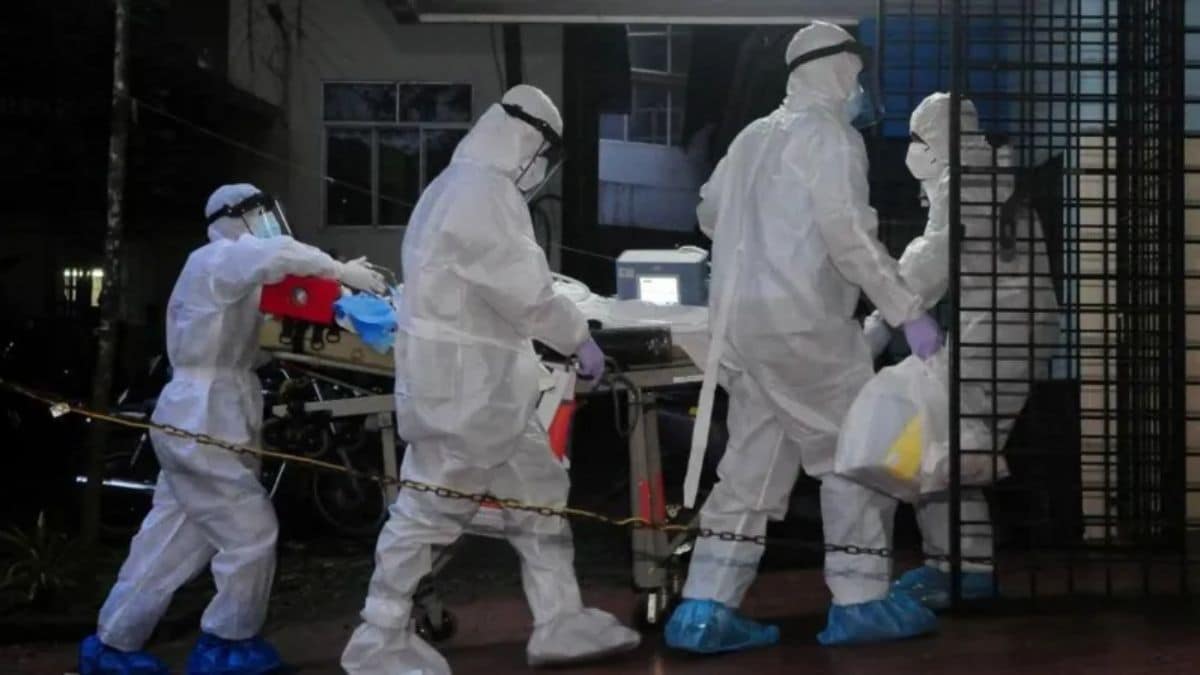
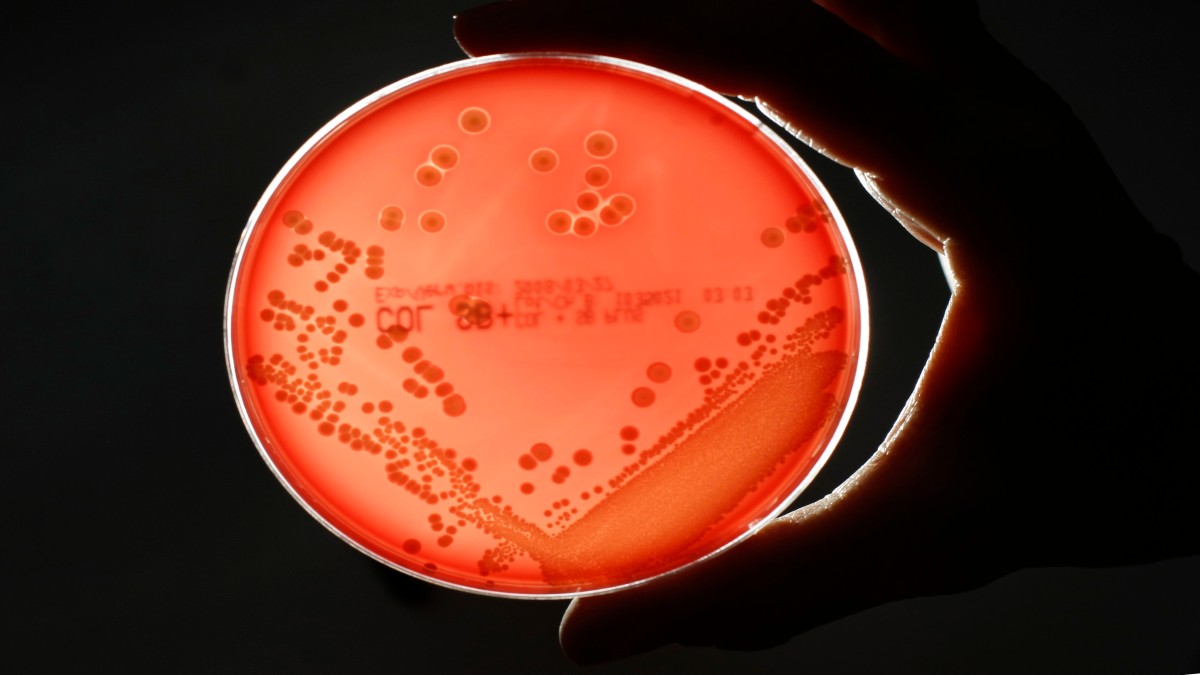
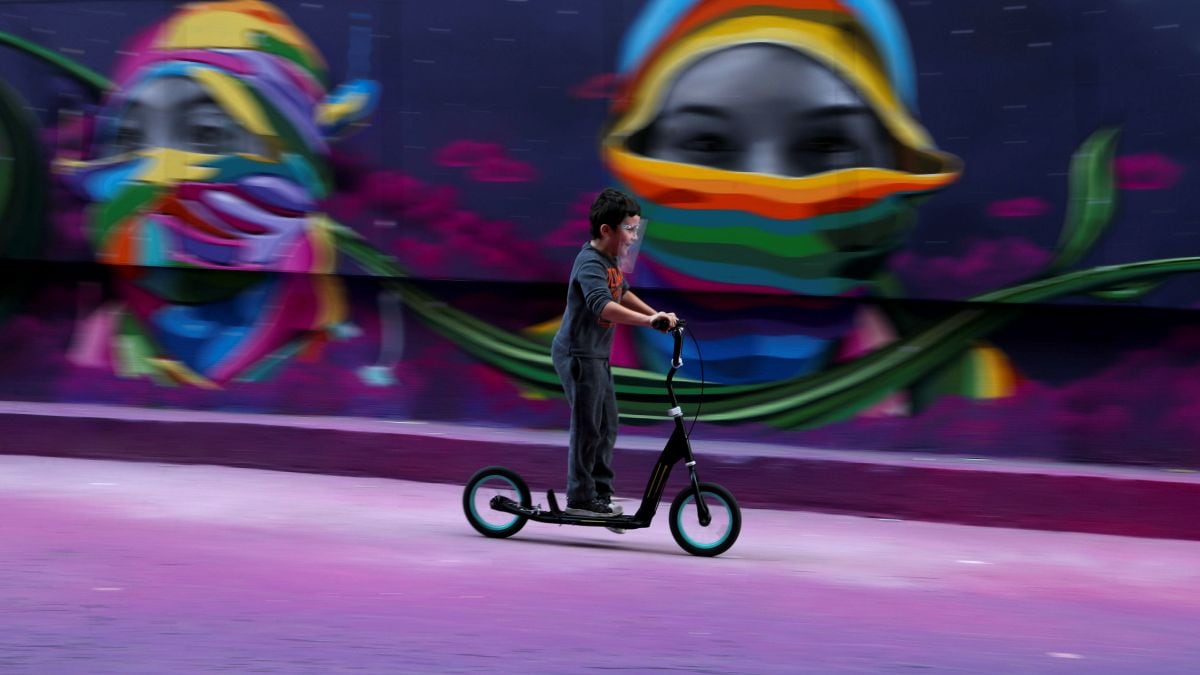


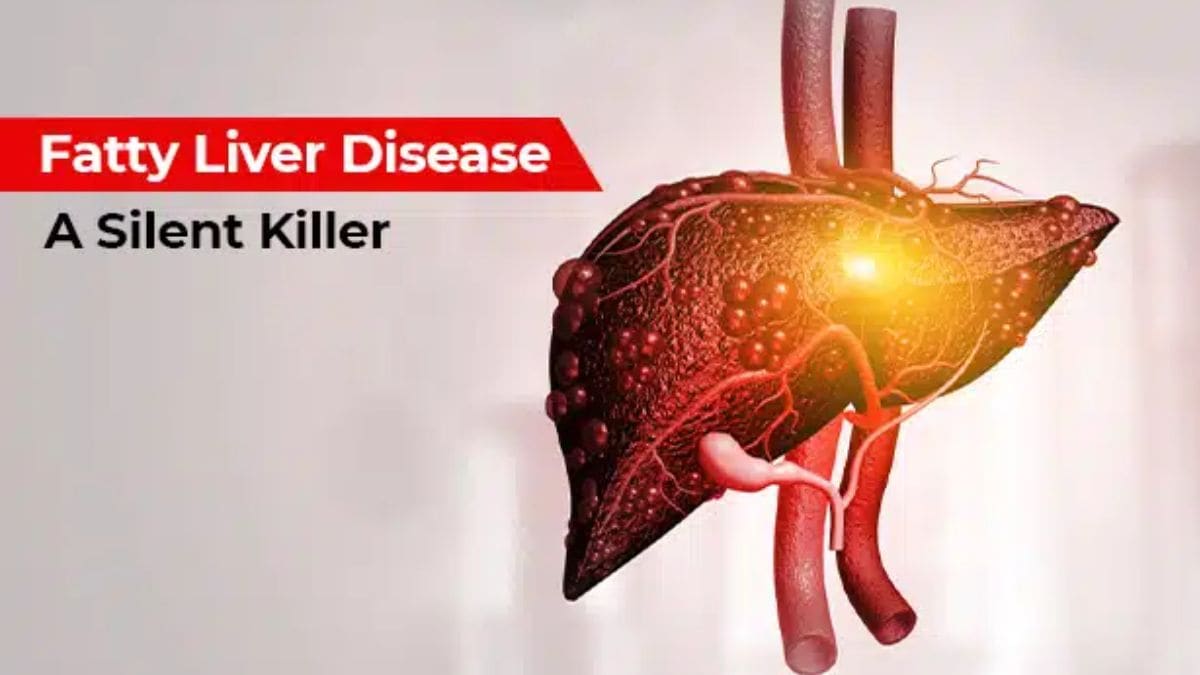
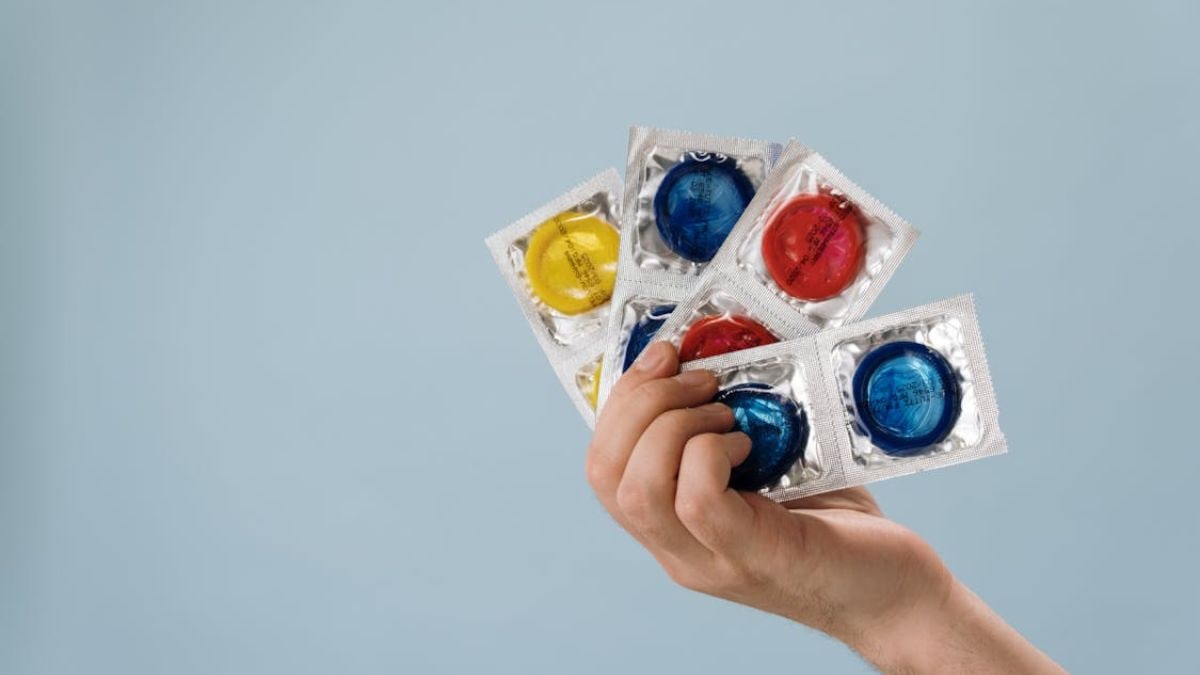
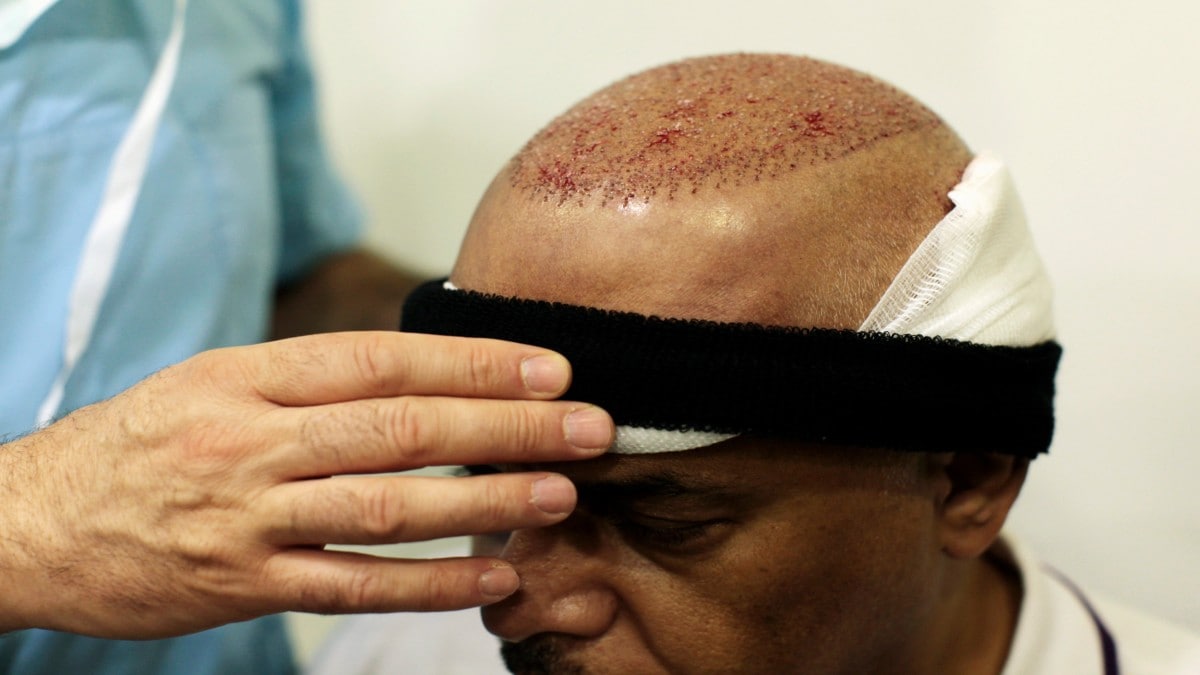

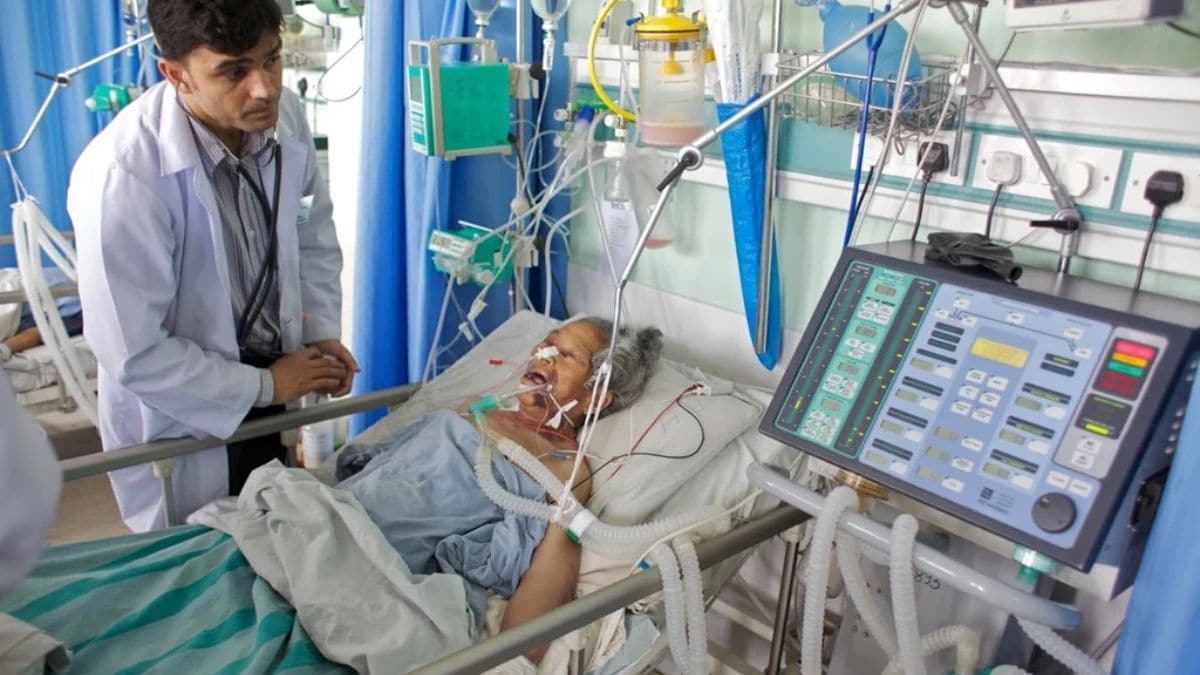
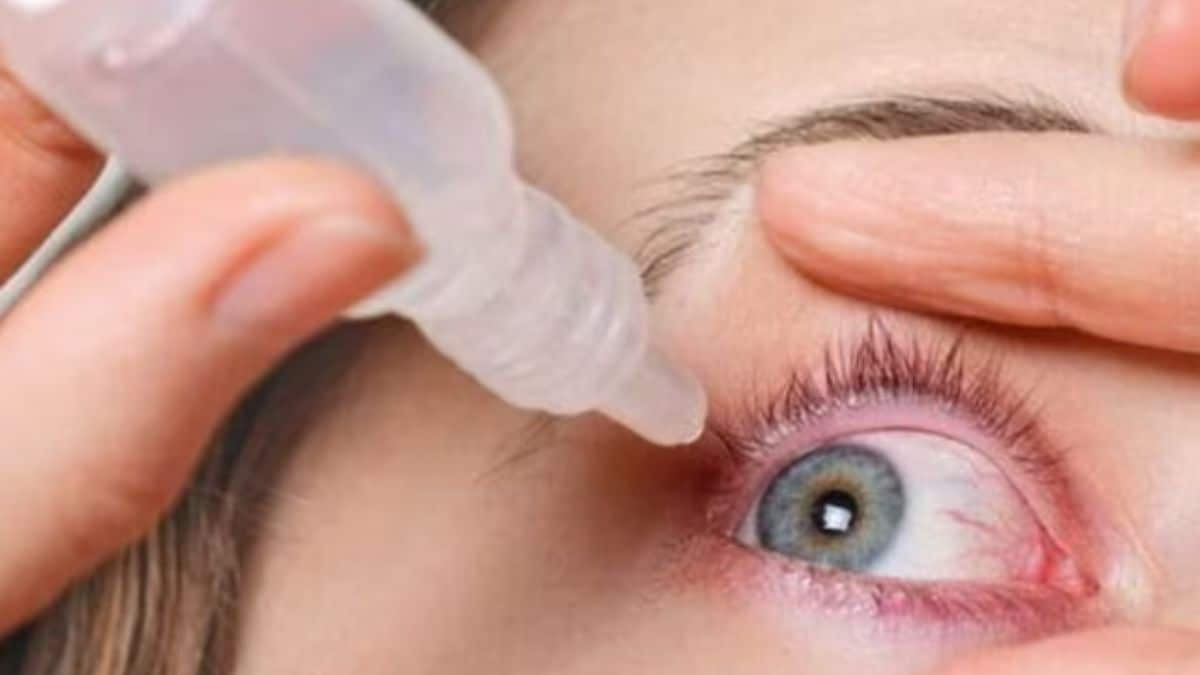

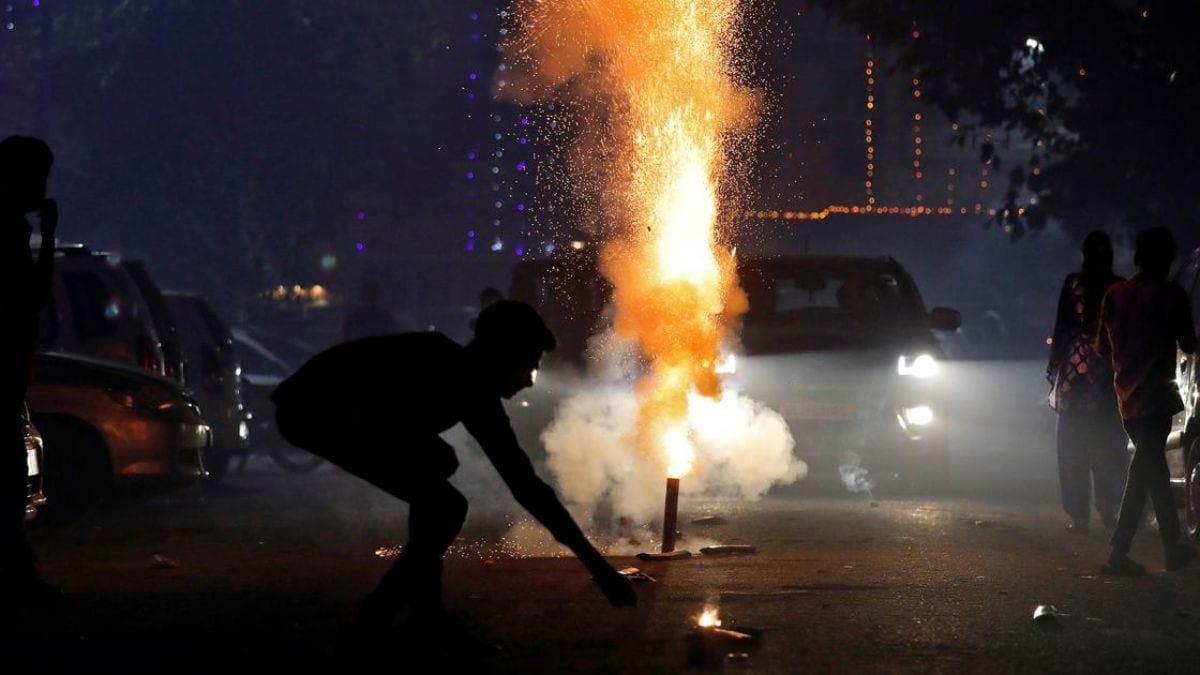
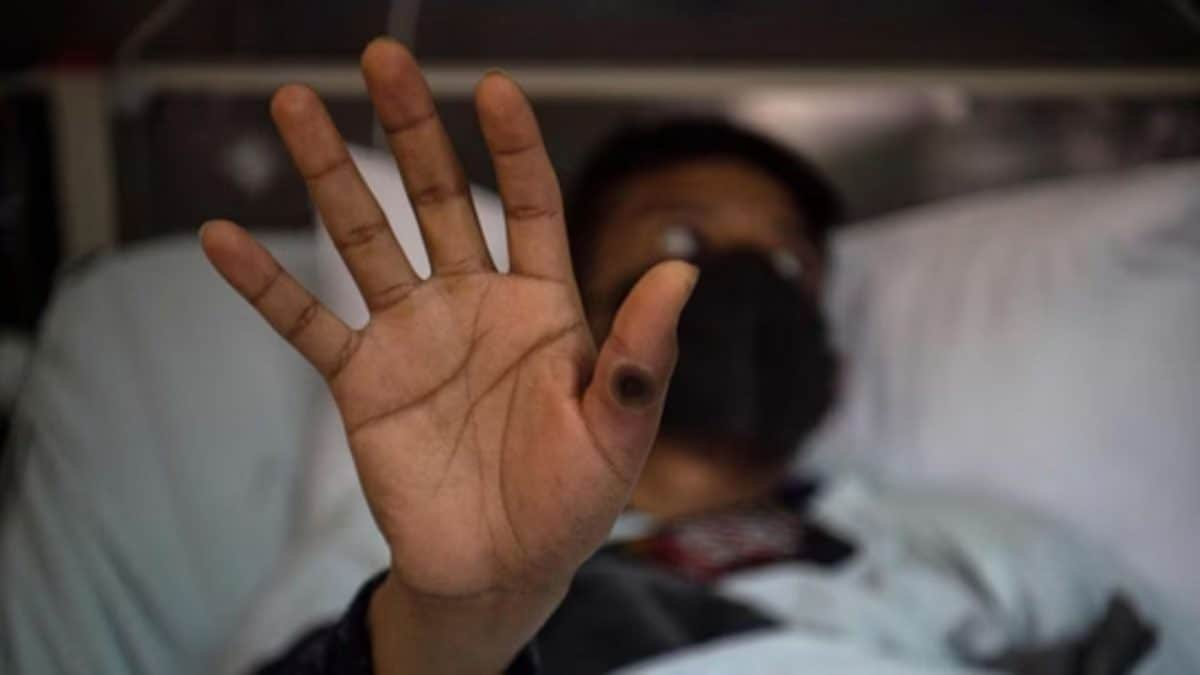
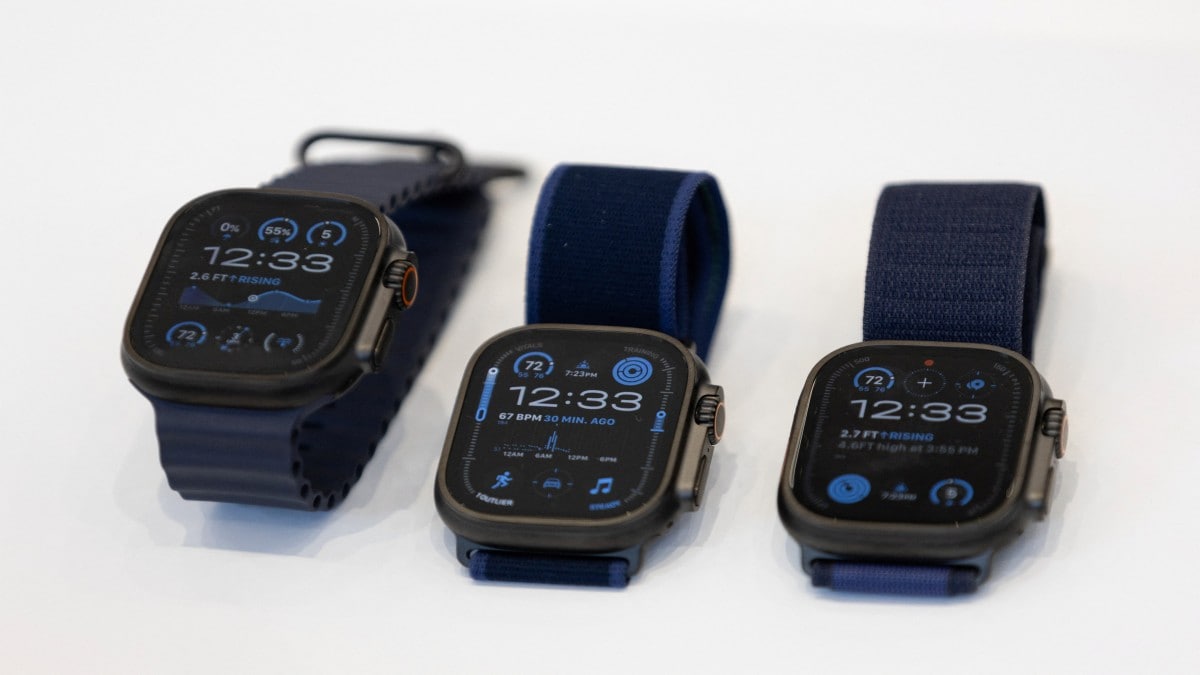

)
)
)
)
)
)
)
 English (US) ·
English (US) ·